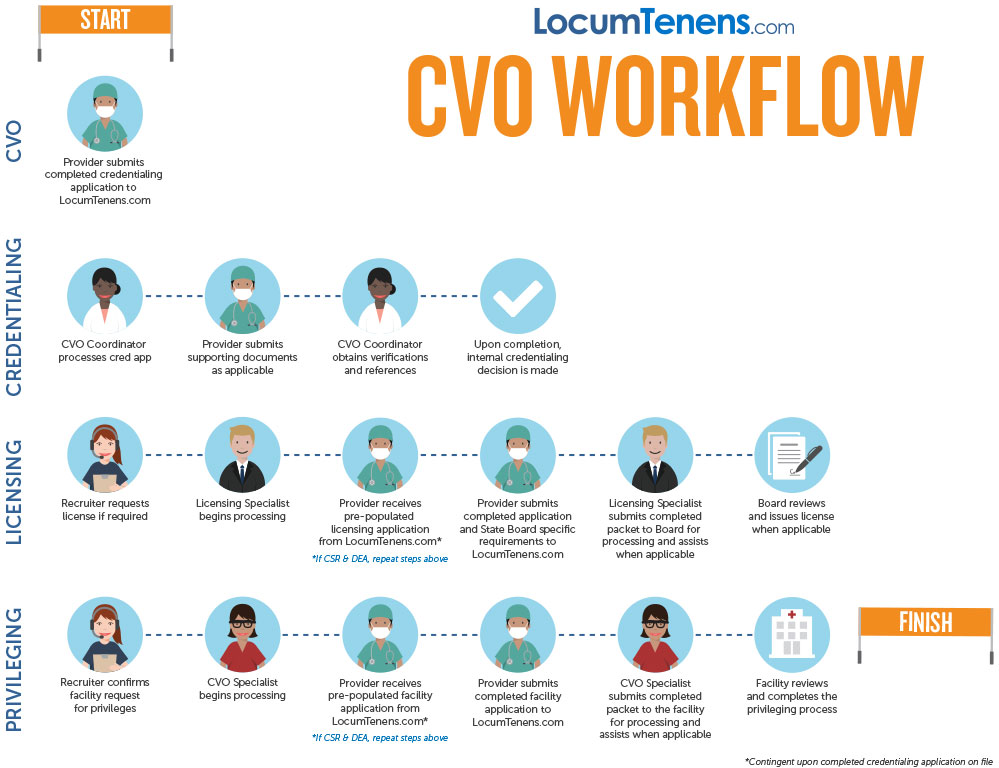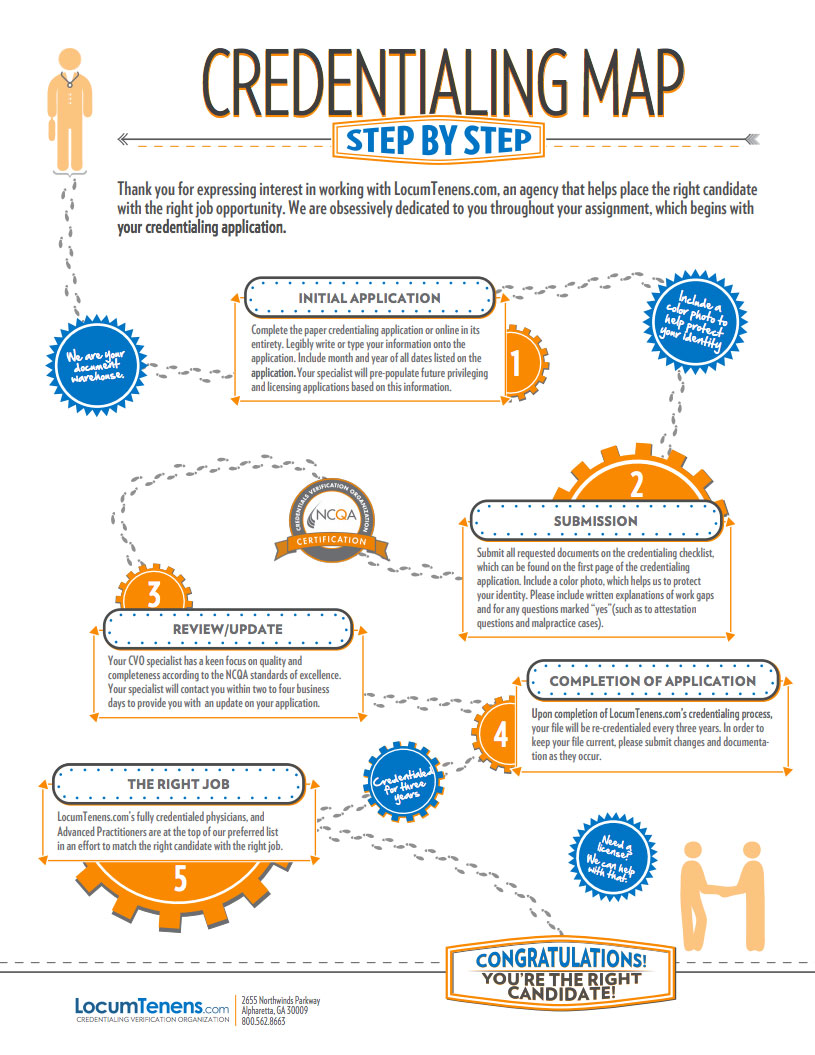Interstate Medical Licensure Compact streamlines the licensing process
In an effort to reduce physician shortages, primarily in rural areas, the Interstate Medical Licensure Compact is speeding up and streamlining the licensing process for physicians to practice in multiple states. This legislation is increasing patients access to care across the country. The Compact is a huge development for telemedicine providers as well as facilities that use virtual services to improve patient care. Read more about the Compact here.
NCQA Offers Assistance in Obtaining CME Credits
The National Committee for Quality Assurance (NCQA) is private, 501 (c)(3) not-for-profit organization devoted to improving quality among health care systems and providers. The NCQA provides educational resources in the format of live in-person seminars, live webinars and on-demand webinars for providers to obtain continuing medical education (CME) credits surrounding quality and performance improvement. The CME Performance Improvement (PI) activities are long-term processes which help providers to assess the current care in their practice according to national quality measurements, develop and apply these measures into an improvement plan and reassess and reevaluate their performance over time. The PI activities provided by NCQA are based on the Healthcare Effectiveness Data and Information Set (HEDIS), which is the most commonly-used way for healthcare plans to measure healthcare performance.
Go here to see the current list of PI educational opportunities to obtain CME credits. Examples of current activities consist of improving the following: the obesity epidemic, back pain treatment and appropriate immunization. Each activity can take an estimated one to six months to complete.
Resources
FSMB’s Physician-Patient Communications Resource Center
The Federation of State Medical Boards (FSMB) offers physicians plenty of articles and references to promote better communication between them, their colleagues, their patients and facility administrators. FSMB aims to reduce the amount of miscommunication leading to patients issuing complaints about their doctors.
This resource center consists of numerous newsletters, news articles, academic studies, advice from medical societies, blogs and tools. Some of the topics include “Teaching Doctors to be Mindful,” “Patient-Physician Communication: Why and How” and “Ways to Prevent Having to Appear Before the Board.” It also includes some guides and documents for consumers.
You can visit FSMB’s resource center here.

